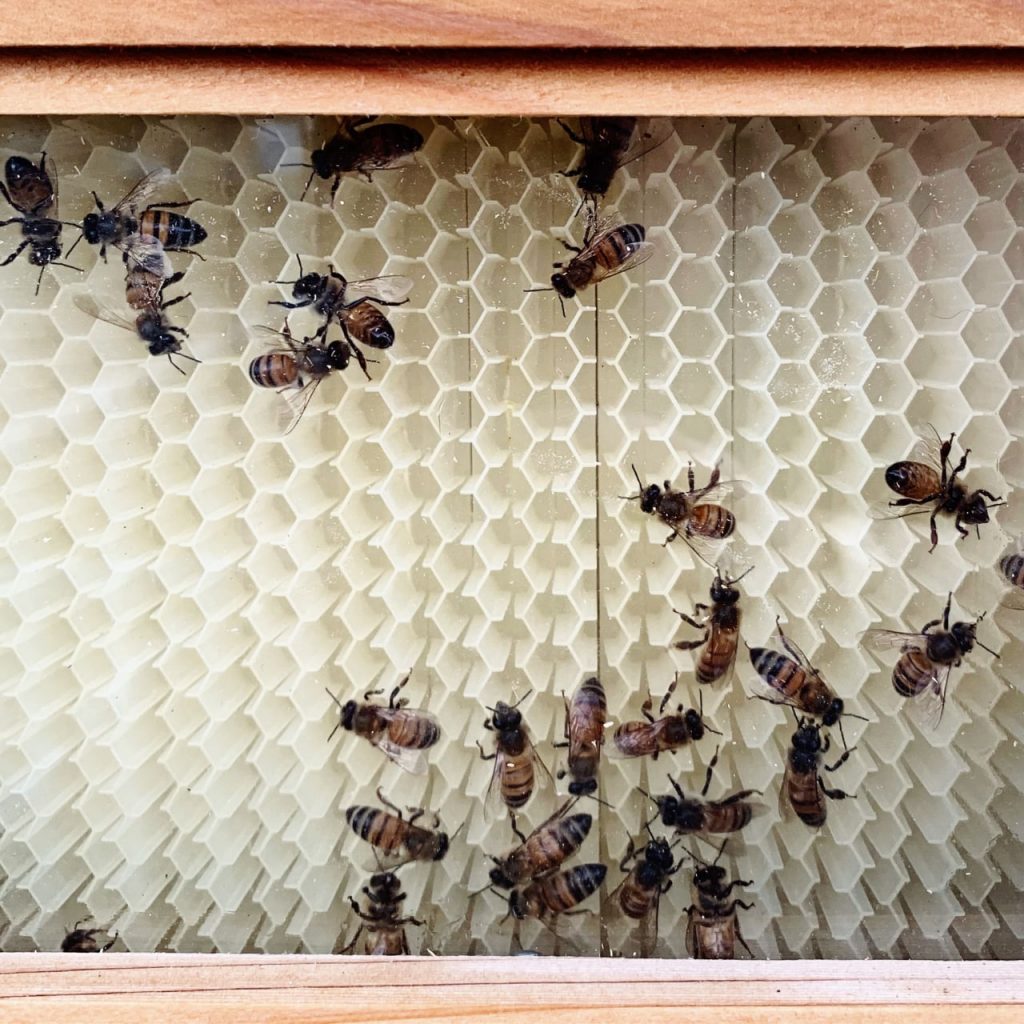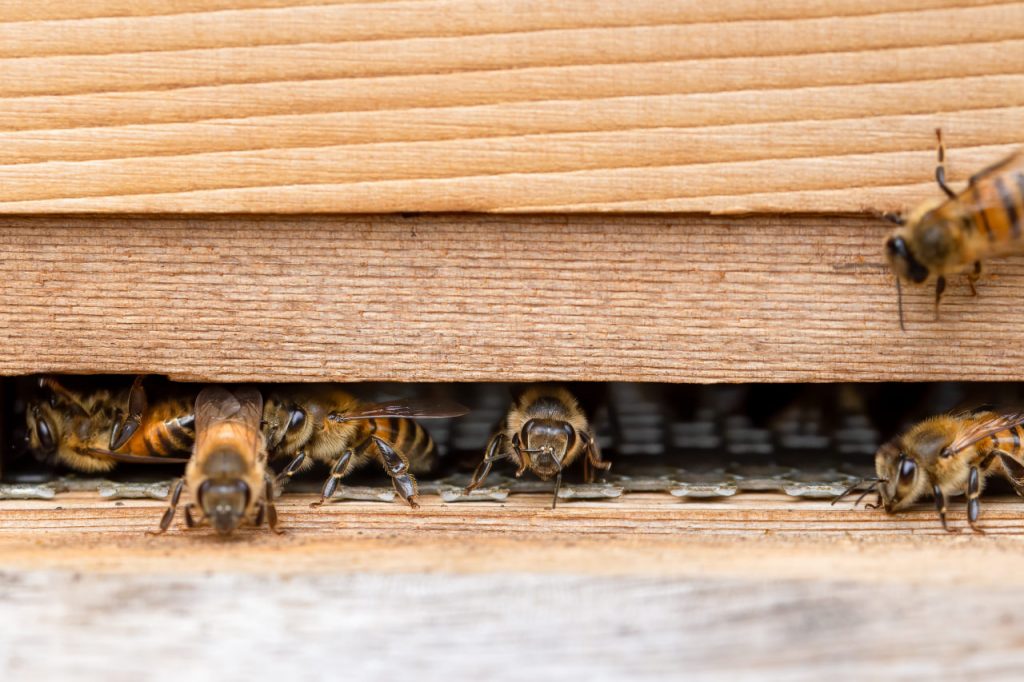About Us
At DIY Bee Hotel, we are passionate about supporting biodiversity and providing hands-on learning for individuals who want to help pollinators thrive. Our courses focus on building bee hotels that offer solitary bees a safe, welcoming environment to nest and lay their eggs. By teaching people how to create these sustainable habitats, we aim to inspire a community of eco-conscious individuals who care about the well-being of our planet’s important pollinators.
Our goal is to provide accessible, fun, and educational experiences that equip you with the skills to make a real difference.





